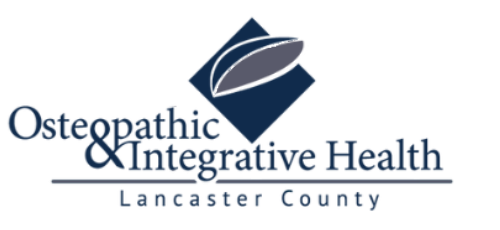PROLOTHERAPY/ PRP
Prolotherapy/ Platelet Rich Plasma (PRP)
Natural Injections
Prolotherapy
Prolotherapy an injection treatment that may help stimulate the repair of damaged tissue in the body, such as cartilage, muscles or ligaments. The injections consist of a combination of lidocaine and dextrose. When the solution is injected into
damaged tissue, it creates a local inflammatory response, which begins the healing process.
Platelet Rich Plasma (PRP)
Platelet-rich plasma (PRP) therapy uses injections of a concentration of a patient’s own platelets to accelerate the healing of injured tendons, ligaments, muscles and joints. In this way, PRP injections use each individual patient's own healing system to improve musculoskeletal problems.
PRP injections are prepared by taking anywhere from one to a few tubes of your own blood and running it through a centrifuge to concentrate the platelets. These activated platelets are then injected directly into your injured or diseased body tissue. This releases growth factors that stimulate and increase the number of reparative cells your body produces.
Platelet-rich plasma has been found to significantly enhance the healing process, and using a PRP injection for pain caused by arthritis, muscle tears, tendon injuries, or other soft-tissue injuries is becoming more common.
PRP has also been demonstrated to improve function and reduce pain in people who have tendonitis or chronic tendinosis conditions.
Some of the key advantages of PRP injections are that they can reduce the need for anti-inflammatories or stronger medications like opioids. In addition, the side effects of PRP injections are very limited because, since the injections are created from your own blood, your body will not reject or react negatively to them.
Common Injuries that benefit from natural Injections
- Rotator Cuff tendonitis and partial tears
- Epicondylitis
- SI Joint pain
- Patellar tendonitis
- Meniscus injury of knee
- Ligament (MCL, ACL, PCL)
- Plantar Fasciitis
- Achilles tendonitis
- Ankle/wrist sprains
Ready to get started?
Click on the Get Information about our practice button below!
Quick Links
Contact Us
P: 717-207-9133
F: 717-207-8328
44 Leacock Rd
Paradise, PA 17562
office@lcoih.com
© 2025
All Rights Reserved | Lancaster County Osteopathic & Integrative Health
.
Note: We will not share your opt-in to an SMS campaign with any third party for purposes unrelated to providing you with the services of that campaign. We may share your Personal Data, including your SMS opt-in or consent status, with third parties that help us provide our messaging services, including but not limited to platform providers, phone companies, and any other vendors who assist us in the delivery of text messages. All the above categories exclude text messaging originator opt-in data and consent; this information will not be shared with any third parties
